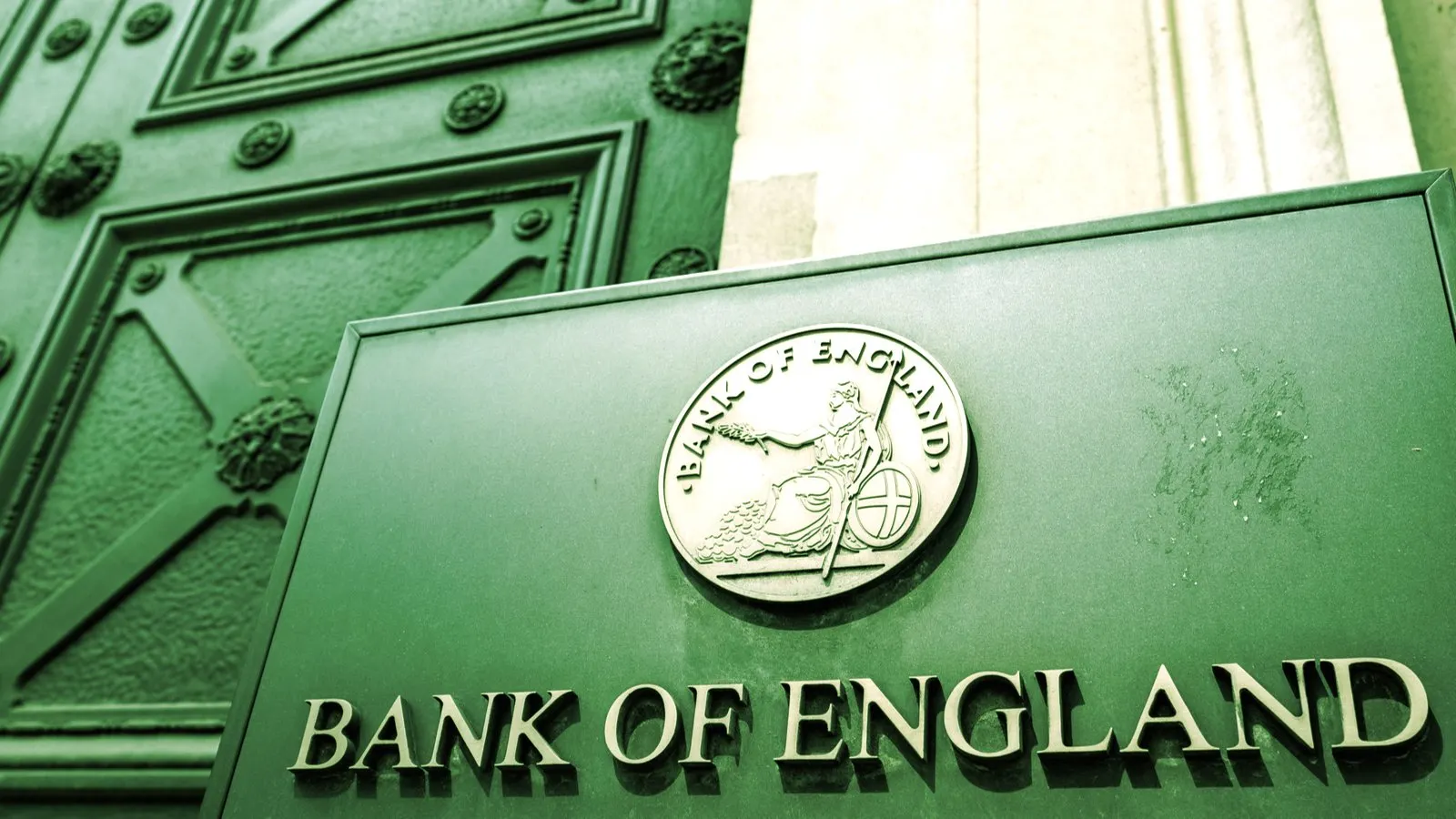The Bank of England’s Deputy Governor, Sir Jon Cunliffe, has weighed in the need for regulators to come up with strong consumer safeguards after the FTX crisis, according to a speech he delivered at a DeFi and crypto conference this morning.
Cunliffe said one of the catalysts in FTX’s historic collapse “could have been a run on its crypto coin, FTT,” which had “no intrinsic value” and should not have been accepted “as collateral for loans and margin payments, as there are indications may have happened with FTX,” because doing so “creates extreme risk.”
“Moreover, protection of client funds is crucial,” he said, indirectly alluding to reports that FTX’s CEO at the time—Sam Bankman-Fried—was mishandling customer funds to execute high risk trades.
Cunliffe pointed to “limited evidence” that FTX’s collapse prompted a consumer migration onto decentralized exchanges (DEXs), but said he’s “yet to be convinced that the risks inherent in finance can be effectively managed” through blockchain code alone, which has not demonstrated robustness and resilience “at scale and over time.”
He also argued that it is unclear to what extent decentralized finance (DeFi) is truly decentralized since “behind these protocols typically sit firms and stakeholders who derive revenue from their operations.”
The answer? Regulation!
In his address, Cunliffe was far from being a nocoiner, though. He praised blockchain for furnishing fintech with innovations that he believes will become a bigger part of our everyday lives, including “tokenization, encryption, distribution, atomic settlement and smart contracts.”
He also mentioned The Financial Services and Markets Bill, a new piece of legislation currently in Parliament that aims to extend existing Bank of England and Financial Conduct Authority (FCA) regulation to cover the use of stablecoins as a means of payment.
Cunliffe said UK regulators intend to consult the framework “early next year” and that stablecoins “should meet standards equivalent to those expected of commercial bank money.”
On the topic of a sterling-pegged stablecoin issued by the Bank of England (also known as a CBDC or Govcoin), Cunliffe said the central bank is working on it and aims to issue a consultative report towards the end of the year setting out its proposed next steps.
Cunliffe admitted that the FTX crisis provided fuel for both skeptics and advocates of a British Govcoin, but he said there are many motivations to pursue the project.

